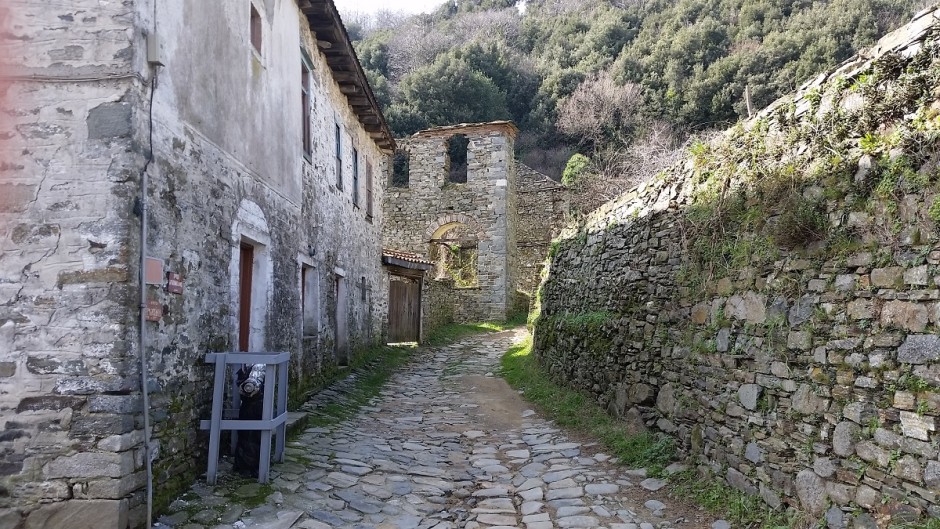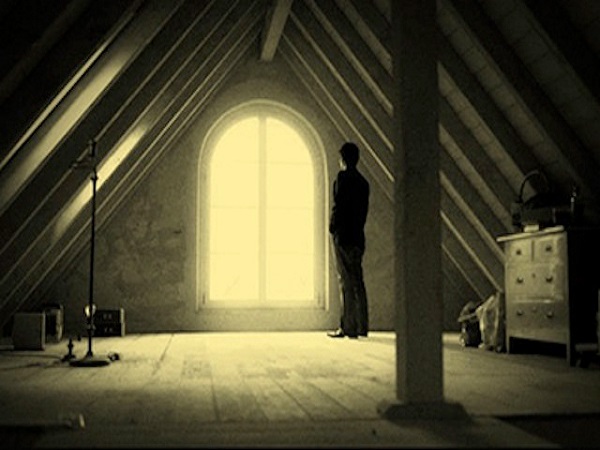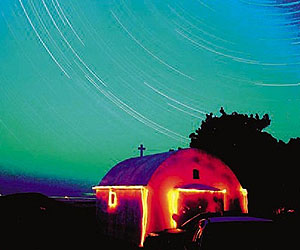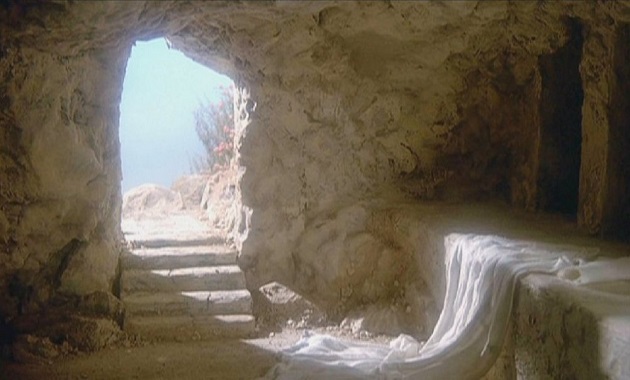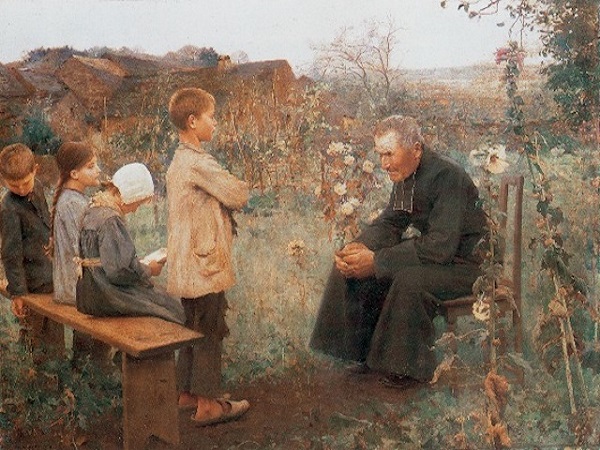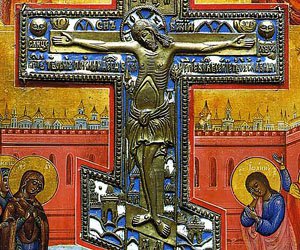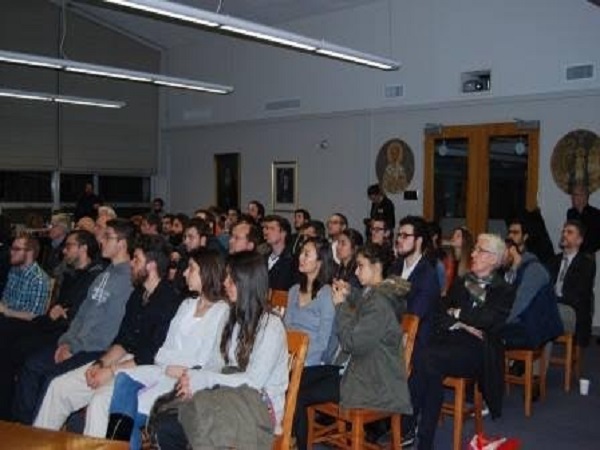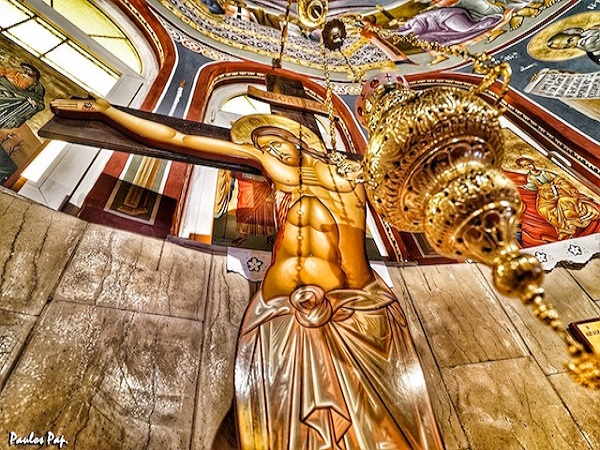
Let's suppose that you can't be merciful through your speech. What you can do, however, if somebody gets angry with you, is to have mercy on them and show them patience at the time when they're upset, because you can see that they're being bothered by the common enemy, the devil. Instead of saying something and upsetting them even more, hold your peace and have mercy on their soul, rescuing them from the hands of the enemy. And again, if somebody sins against you, you can always have mercy on them and forgive the sin, and in this way you'll also gain forgiveness from God.

